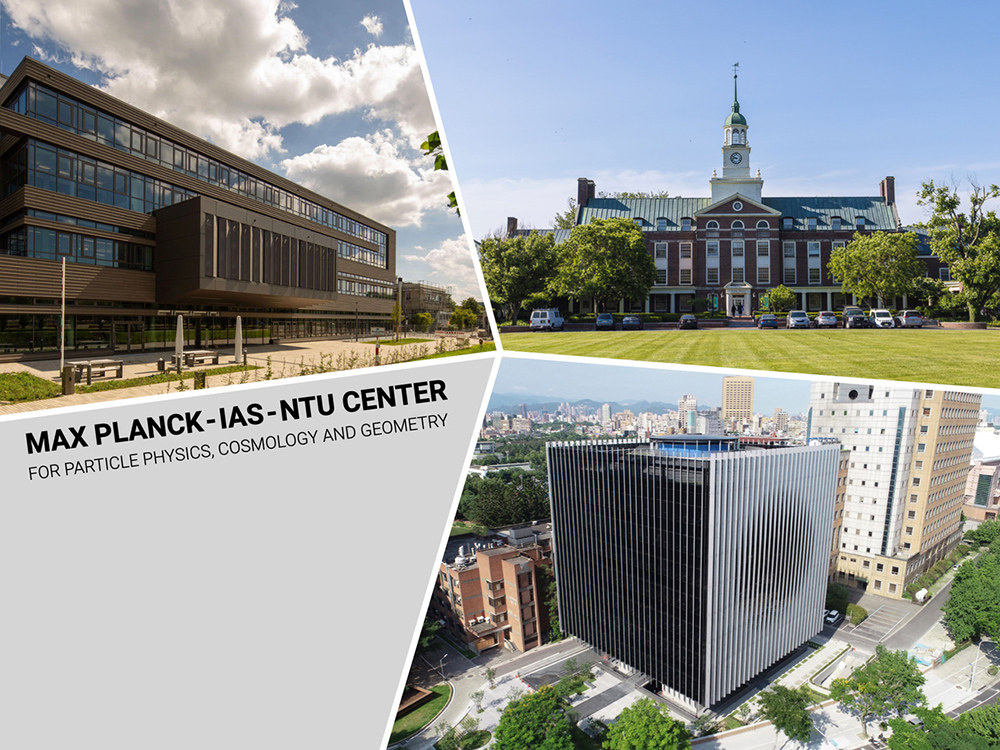
A Distinguished Global Research Center Established at NTU under Trilateral Cooperation
瀏覽器版本過舊,或未開啟 javascript
請更新瀏覽器或啟用 javascript
Spotlights
The exhibition features interactive installations and pictures/texts to illustrate eco-friendly agriculture and food.
Toyooka Mayor Nakagai presents a set of life-sized models of an Oriental white stork family to mark the special occasion.
Toyooka Mayor Nakagai (third from right) travels all the way from Japan to attend the ribbon-cutting ceremony on Oct 1.
With increasing environmental awareness, ecological restoration is one of the latest global trends that require dedication and hard work. To promote sustainable agriculture and international exchanges, the “Flying Birds over the Field: Eco-Friendly Agriculture Exhibition” co-curated by the NTU Agricultural Exhibition Hall and the city of Toyooka in Japan, was unveiled at the Agricultural Exhibition Hall on October 1. Mayor Muneharu Nakagai (中貝宗治) of Toyooka and Mr. Makoto Takahashi (高橋信), the curator of the Toyooka Municipal Museum of the Oriental White Stork, traveled all the way from Japan to participate in the grand event. Mayor Nakagai also presented the Agricultural Exhibition Hall with a set of life-sized models of an Oriental white stork family to mark the special occasion.
In his opening remarks, Dean Huu-Sheng Lur (盧虎生) of NTU’s College of Bioresources and Agriculture pointed out that modern agriculture and diet often cause pollution and damage to the environment. Therefore, this exhibition was organized to reconnect people with agriculture so that they can begin to realize how their seemingly simple food choices have great impact on our environment and future. Prof. Li-Pei Peng (彭立沛), the head of the Agricultural Exhibition Hall and Chairman of the NTU Department of Bio-industry Communication and Development, shared a local example of eco-friendly farming. A few years ago, the eagle population vanished from Donggang, Pingtung. An ecological investigation revealed that local farmers used highly toxic pesticides to kill turtle doves and sparrows during the harvest season, causing the eagles to die of indirect poisoning. After adopting an eco-friendly approach inspired by Toyooka, the eagle population was restored.
Similar examples of Oriental white storks in Toyooka and greater painted-snipes in Yilan were also displayed at the exhibition. Oriental white storks almost became extinct at some point due to the increasing demand for produce. Mayor Nakagai eventually managed to restore the environment by changing farmers’ methods and producing “stork-friendly rice.” Success stories of eco-friendly agriculture, like this one, demonstrate that human beings can coexist with nature in peace.
With the help of high-tech and interactive devices as well as interactive installations, the visitors can enjoy a sensory experience that replicates the habitats of these birds at the exhibition. An international forum on the positive influence of eco-friendly agriculture was also held on the same afternoon. It is NTU’s sincerest hope that the exhibition will encourage people to make environmentally-friendly food choices to create a better world for future generations.
This article is also featured in No. 75 of NTU Highlights (December, 2019).

A Distinguished Global Research Center Established at NTU under Trilateral Cooperation
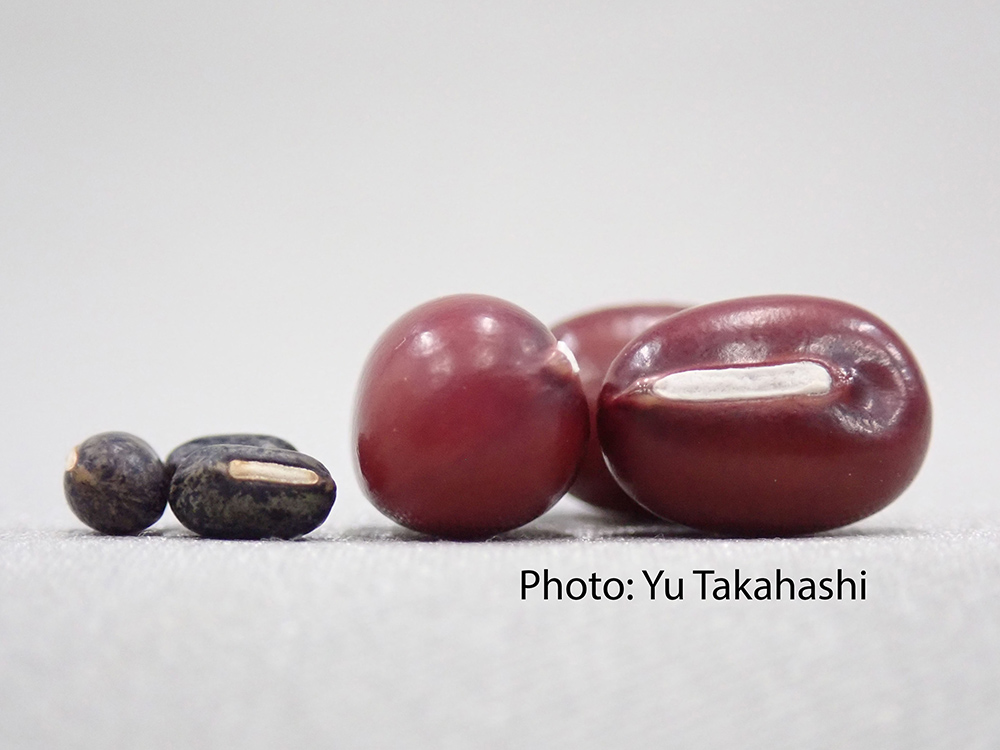
Collaborative study between NTU and Japan uncovers the origin of Adzuki Beans and agriculture in Japan
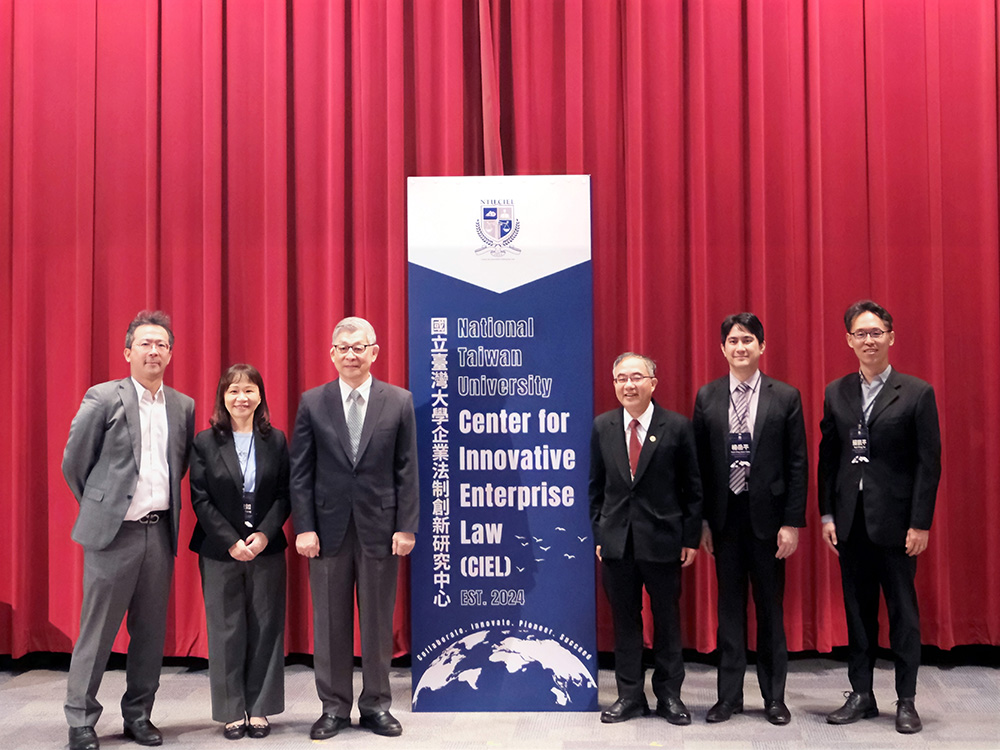
NTU Launches Center for Innovation in Enterprise Law—with Forum Highlighting Trump’s Policy and Legal Shifts Amid Geopolitical Tensions
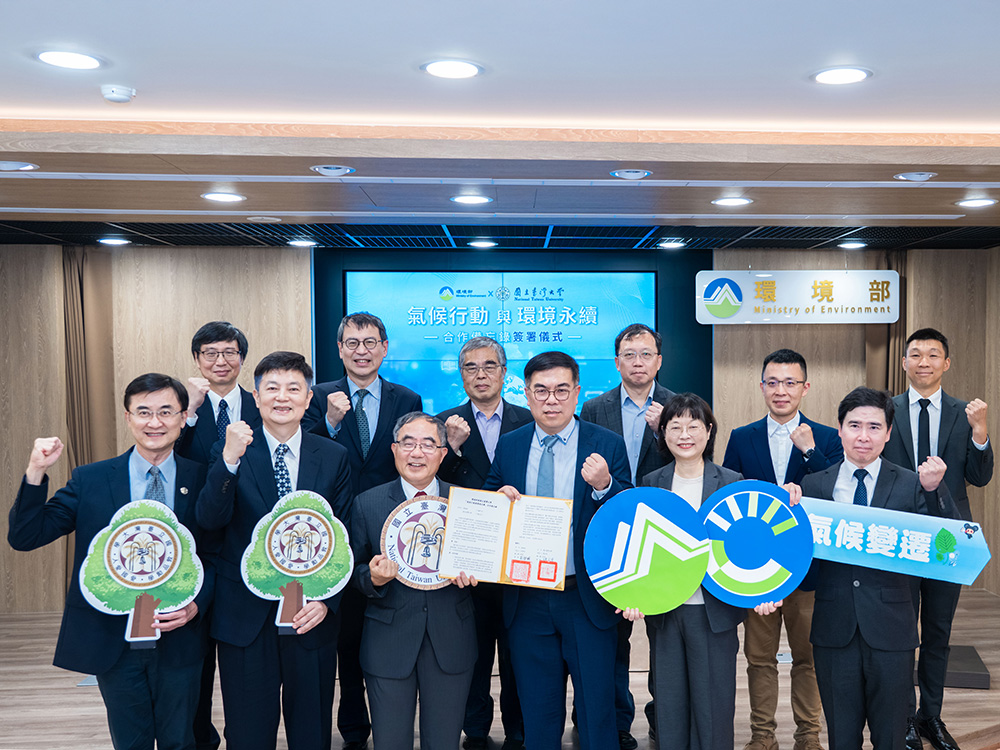
NTU and Ministry of Environment Sign MOU to Advance Net-Zero Transition and Environmental Resilience
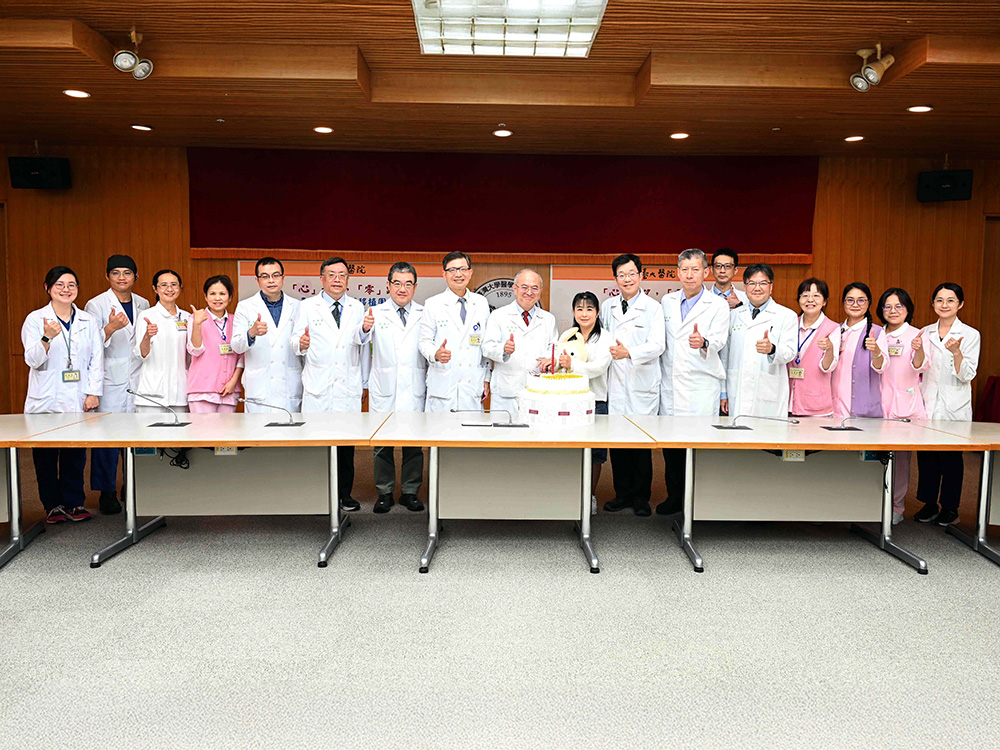
NTU Hospital’s Cardiac Transplant Team Pioneers Beating Heart Transplant with Zero Ischemic Time
Current Spotlights